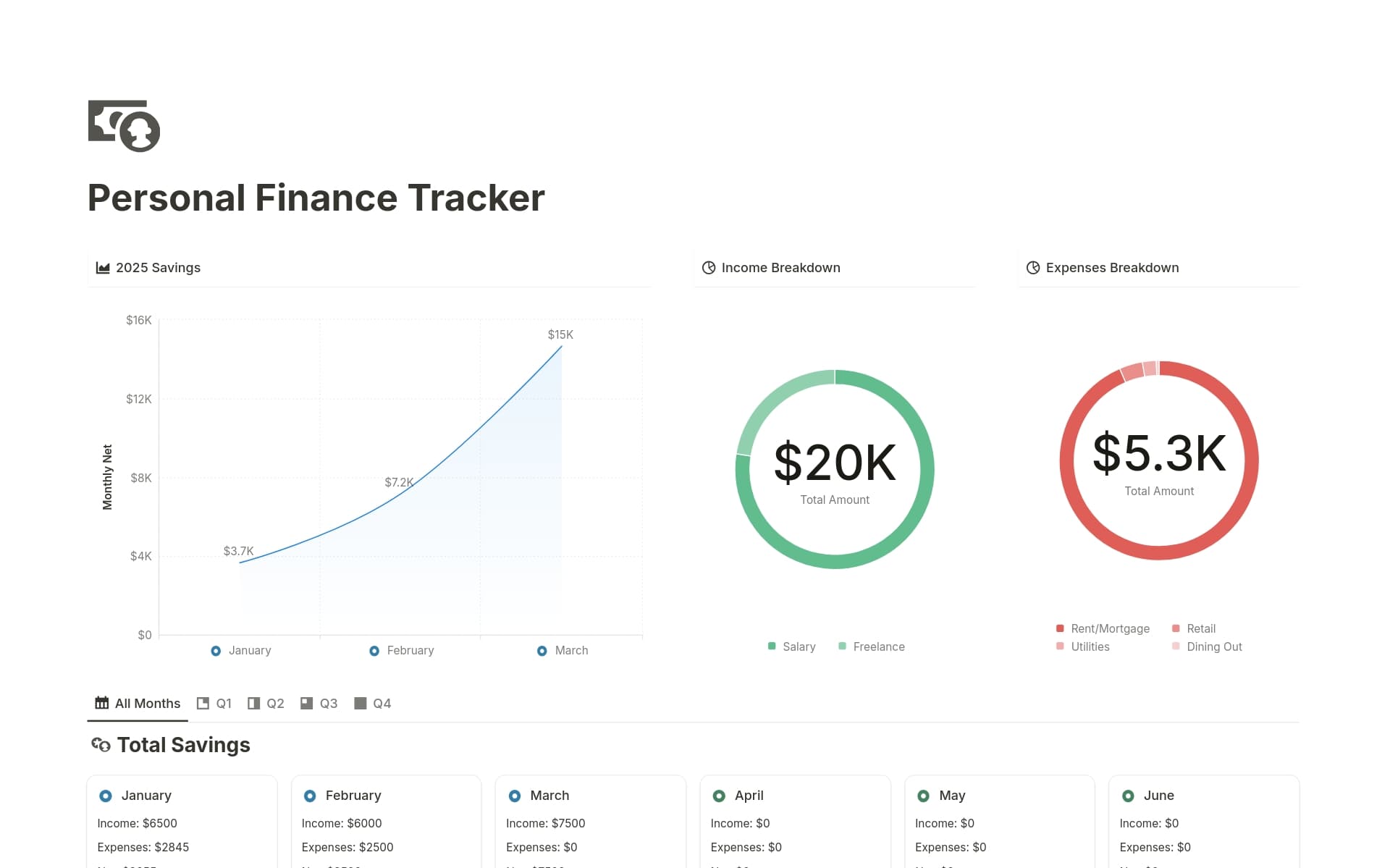Standard Operating Procedures (SOPs) are crucial for ensuring that tasks are completed consistently and efficiently, which can lead to improved productivity and quality of work. An SOP template in Notion can streamline the process of creating and maintaining these procedures, making it easier to document, share, and update them as needed.
Before you start crafting your own SOPs, take a look at these Standard Operating Procedure Notion templates to simplify the process and ensure you're covering all the necessary steps.
What Should Standard Operating Procedure Templates Include?
Choosing the right Standard Operating Procedure (SOP) template in Notion can streamline your workflow and ensure consistency across your operations. Here are key components to look for:
Clear Structure: The template should have a well-organized format that guides the user step-by-step, making it easy to follow and implement.
Roles and Responsibilities: It should clearly outline who is responsible for each task to avoid any confusion and ensure accountability within the team.
Revision History: A section to track changes and updates is essential for maintaining the accuracy and relevance of the SOP over time.
Integration Capabilities: The ability to integrate with other tools and platforms used by your team can greatly enhance the utility of the SOP.
Selecting a template with these components will help you maintain operational efficiency and improve team coordination.
What Should Standard Operating Procedure Templates Avoid?
When selecting a Standard Operating Procedure (SOP) template in Notion, it's important to be aware of certain elements that can complicate or hinder your workflow. Here are three key components to steer clear of:
Overly Complex Structures: Avoid templates with intricate frameworks that can confuse users. Simplicity in design ensures that all team members can follow and implement the SOP effectively.
Undefined User Roles: Ensure that the template clearly defines the roles and responsibilities of all involved. Ambiguity in user roles can lead to accountability issues and operational inefficiencies.
Lack of Update Protocols: Opt for templates that include a clear method for updates. SOPs need regular revisions to remain relevant, and without a straightforward update mechanism, a template quickly becomes obsolete.
Choosing the right SOP template is about finding a balance between detail and usability, ensuring it enhances your team's performance without adding unnecessary complexity.











